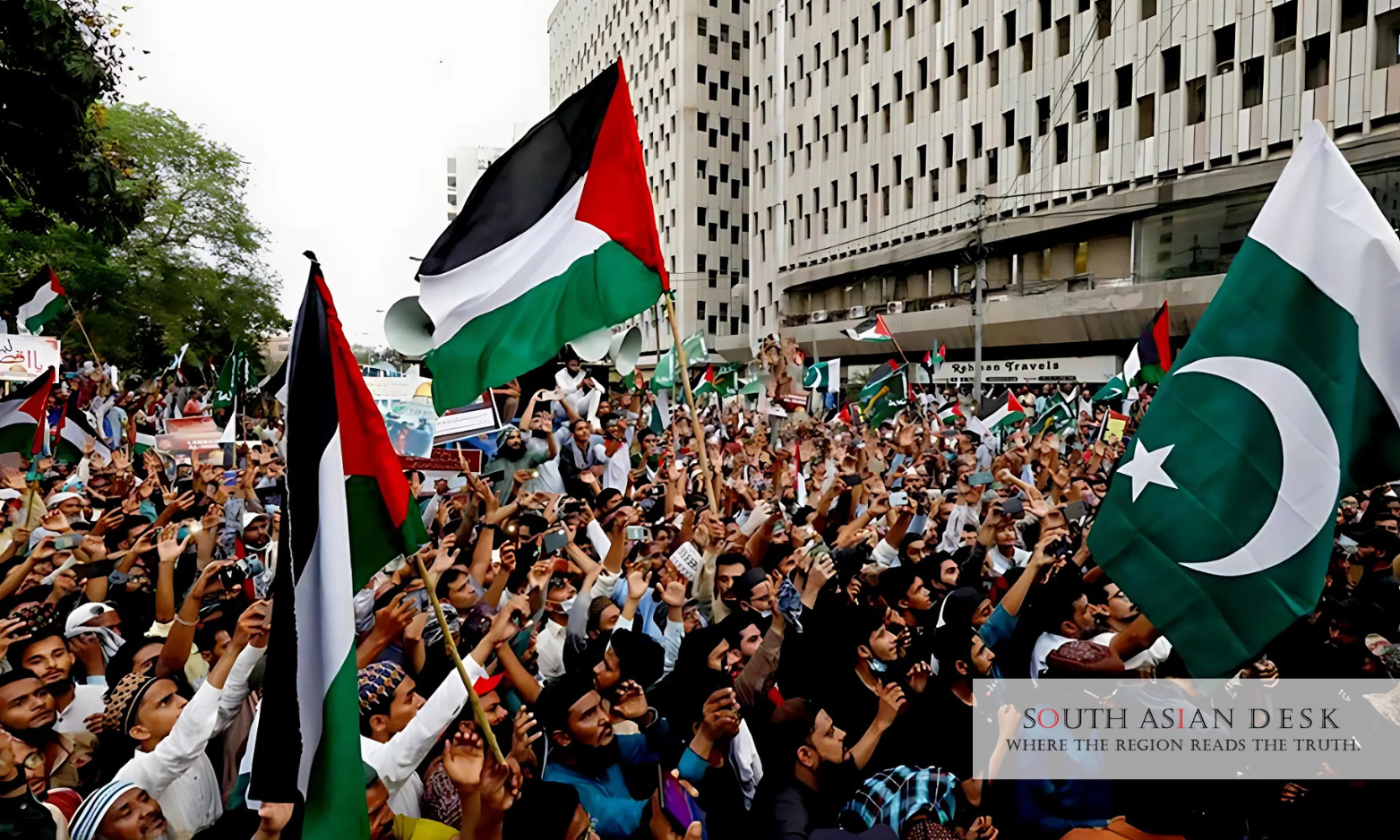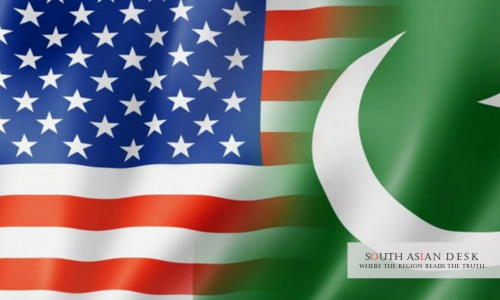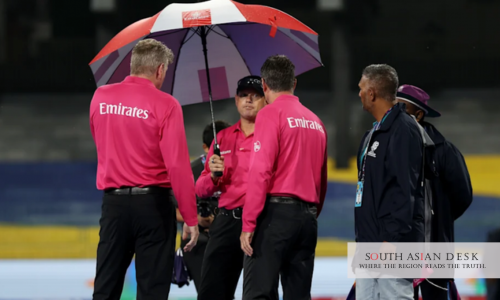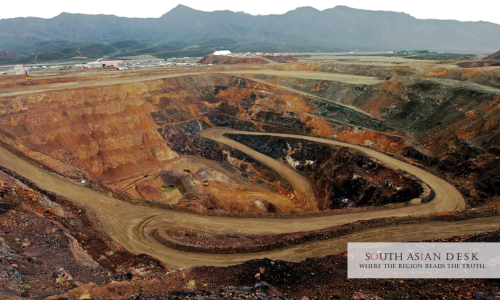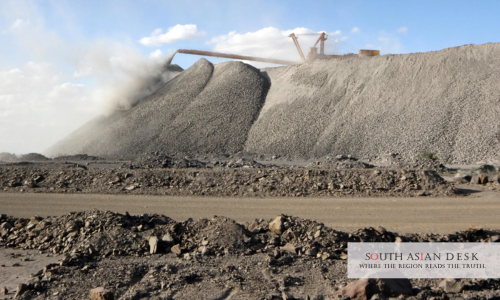In a bold move amid escalating Middle Eastern tensions, Pakistan’s top diplomat signals readiness to join forces against Israeli aggression, raising questions about regional alliances.
Deputy Prime Minister and Foreign Minister Ishaq Dar on Monday, September 15, 2025, in an interview with Al Jazeera from Karachi, hinted at Pakistan’s potential participation in a Pakistan united front against Israel, emphasising the need for a combined security mechanism to counter Israeli actions in the region. This comes days after Prime Minister Shehbaz Sharif attended the Emergency Arab–Islamic Summit in Doha, Qatar, on Friday, September 12, 2025, where he condemned Israel’s airstrike on Doha and called for collective measures. The statements underscore Islamabad’s commitment to the Palestinian cause and regional stability, driven by Israel’s recent violations of sovereignty.
Why it Matters
Pakistan’s overtures towards a united front against Israel carry significant implications for South Asia, where ties with Israel remain contentious due to New Delhi’s growing defence partnerships with Tel Aviv. As a nuclear-armed nation and key Organisation of Islamic Cooperation (OIC) member, Islamabad’s alignment could embolden Muslim-majority states, potentially shifting the balance in Indo-Pakistani dynamics and influencing broader counter-terrorism frameworks. For South Asian nations, this signals a proactive stance on global inequities, fostering intra-regional solidarity while challenging unilateral actions that threaten peace.
Pakistan United Front Against Israel: Dar’s Call for Action
During the Al Jazeera interview, Mr Dar addressed the possibility of forming a unified body outside the United Nations framework to halt Israeli expansionism. He stated: “Why not? What’s wrong with that? They should [have a combined force]. And according to their own capacity, own strength, they should create some mechanism. Not for aggression purpose, but for peaceful purpose, for stopping the aggressor, for stopping the occupier, for stopping someone who just doesn’t listen.”
Mr Dar highlighted Pakistan’s military capabilities, noting: “We have a very large and effective armed force… capable of conventional warfare.” He clarified that Pakistan’s nuclear arsenal serves solely as a deterrent, adding: “We have no intention of using it; it is only a deterrence.” This rhetoric aligns with Islamabad’s long-standing policy of supporting a two-state solution for Palestine, based on pre-1967 borders with Al-Quds Al-Sharif as the capital.
The comments followed Israel’s airstrike on a residential area in Doha on Tuesday, September 9, 2025, targeting Hamas leaders and disrupting ceasefire talks. Pakistan swiftly condemned the attack as a “flagrant violation of Qatar’s sovereignty and a serious breach of international law.” According to the Ministry of Foreign Affairs, the strike exemplified Israel’s “persistent irritant” role in global peace efforts.
United front against Israel Pakistan support at Doha Summit
Prime Minister Shehbaz Sharif’s participation in the Emergency Arab–Islamic Summit, co-sponsored by Qatar and held on September 12, reinforced United front against Israel Pakistan support. In his address, Mr Sharif proposed an Arab-Islamic task force to counter Israeli aggression, stating: “We must present a united front to stop Israel’s inhumane and barbaric brutalities.” He termed the Doha incident “reckless and provocative,” urging accountability for war crimes.
On the sidelines, Mr Sharif met Qatari Emir Sheikh Tamim bin Hamad Al Thani, who expressed appreciation for Pakistan’s attendance. The Emir highlighted the summit’s role in forging unity. Separately, discussions with Iranian President Masoud Pezeshkian focused on strengthening bilateral ties and a shared stance on Palestine, with Mr Pezeshkian praising Pakistan’s “strong position.”
Deputy Prime Minister Dar, leading the foreign ministers’ preparatory meeting on Sunday, September 14, 2025, engaged multiple counterparts. In talks with OIC Secretary-General Hissein Brahim Taha, they condemned the strikes and stressed a “unified pan-Islamic response.” Mr Taha reiterated: “The necessity of redoubling efforts to hold Israel accountable for its violation of the sovereignty of the State of Qatar, and for committing crimes of genocide.” Similar sentiments echoed in meetings with Turkish Foreign Minister Hakan Fidan, Uzbek counterpart Bakhtiyor Saidov, and Iranian Foreign Minister Abbas Araghchi, all underscoring OIC and Arab League roles in mobilising the Muslim Ummah.
These engagements reflect a concerted push for Pakistan united front against Israel, with Islamabad advocating UN reforms to address veto misuse and repeated violations. Mr Dar noted India’s historical support for Israel, referencing the 2011 Abbottabad operation as a precedent for sovereignty breaches.
Background
The Doha summit was convened urgently after Israel’s September 9 attack, which Qatar described as a destabilising act amid fragile Gaza truce negotiations. Pakistan, without diplomatic ties to Israel, has consistently backed Palestinian self-determination through OIC platforms. Recent UN Security Council debates further exposed divisions, with Mr Dar labelling Israel a “danger to world peace.” This context amplifies calls for a united front against Israel, where Pakistan support could prove pivotal given its strategic military posture.
What’s Next
As world leaders prepare for the UN General Assembly in late September 2025, expectations mount for concrete steps towards an Arab-Islamic task force. Pakistan’s advocacy may catalyse OIC resolutions, potentially reshaping United front against Israel Pakistan support dynamics and pressuring global powers for de-escalation. Islamabad remains committed to a Pakistan united front against Israel, eyeing sustained diplomatic momentum for lasting regional peace.
Published in SouthAsianDesk, September 17th, 2025
Follow SouthAsianDesk on X, Instagram, and Facebook for insights on business and current affairs from across South Asia.


